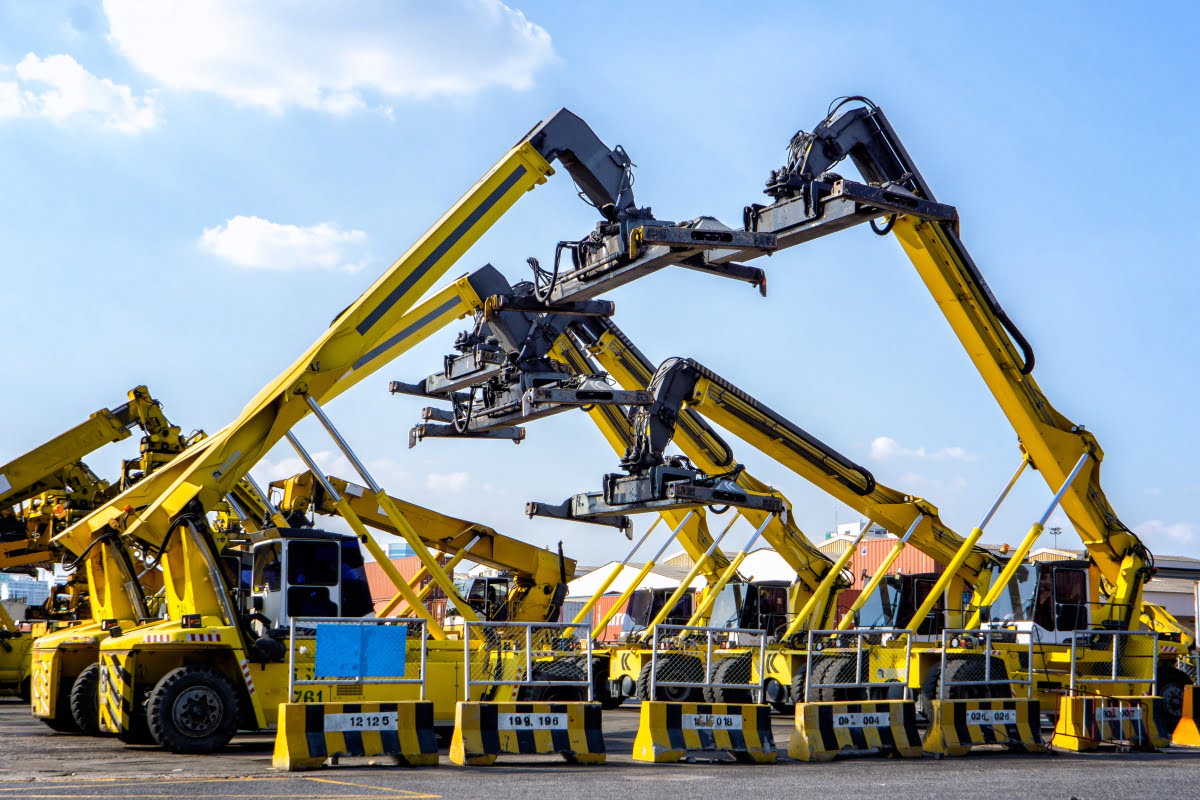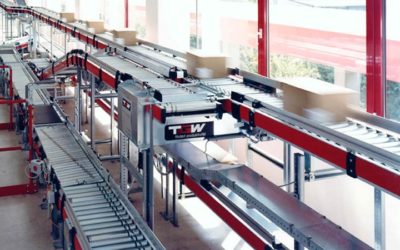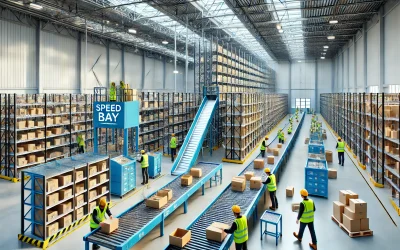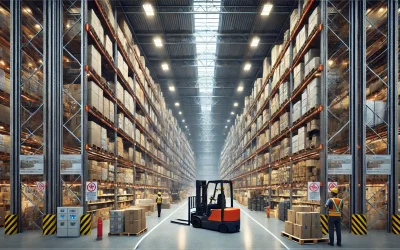Profit margins are razor thin in the food industry and it’s critical distribution centers run at...
Unlock efficiency through expert forklift fleet performance analysis.
Forklift Fleet Analysis
People – Equipment – Workflow
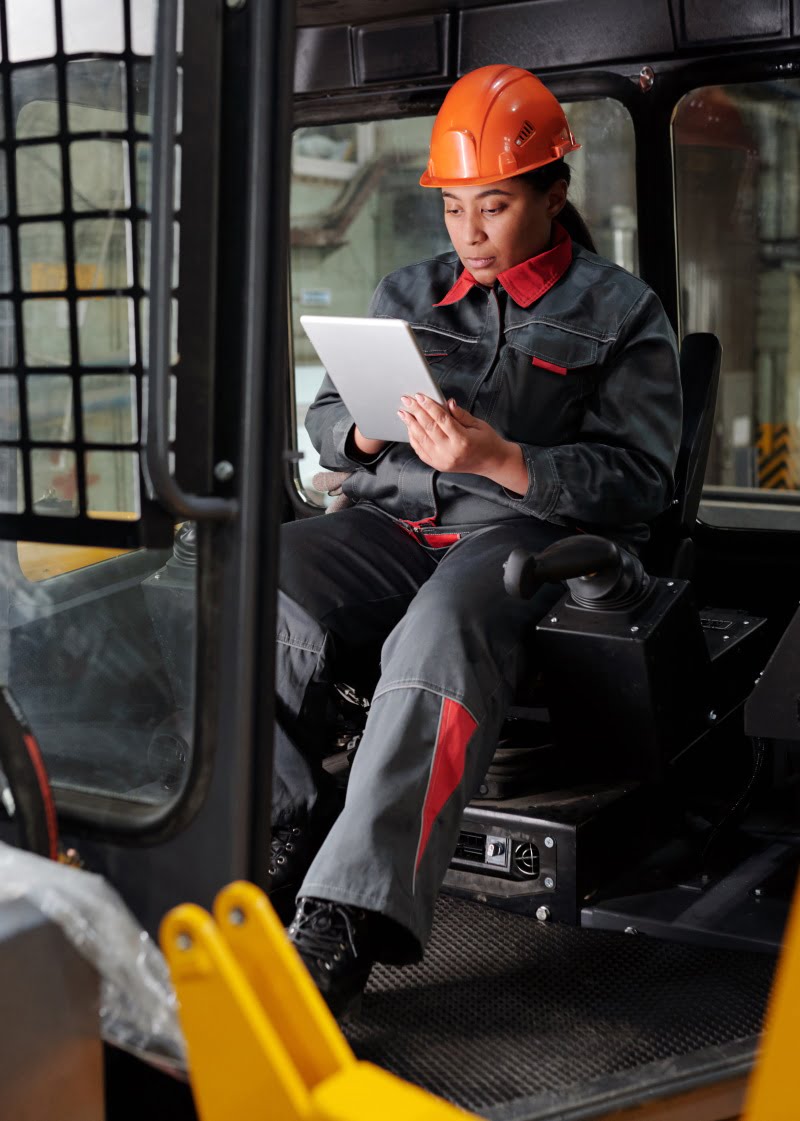
Forklift fleet analysis is a data-driven evaluation of your forklift assets to assess performance, identify inefficiencies, and lower operational costs. This service is ideal for warehouse managers, logistics directors, and fleet operators managing large or growing forklift fleets.
By analyzing real usage data, maintenance records, and productivity metrics, we help you make smart decisions about repairs, replacements, and right-sizing your fleet. Areas we typically review include:
- Fleet utilization and idle time
- Maintenance frequency and repair costs
- Asset lifecycle and replacement planning
- Operator productivity and usage behavior
- Fleet size alignment with workload demands
This insight gives you the clarity needed to manage your fleet more effectively—and profitably.
Forklift Fleet Optimization for Performance and Cost Control
Analyze Fleet Utilization
Reduce Maintenance Costs
Right-Size Your Fleet
Learn More From Our Blog
Material Flow Analysis: An Easier Step-by-Step Guide to Evaluating and Optimizing Your Warehouse
Material flow analysis (MFA) is a critical tool for any business aiming to enhance its warehouse...
10 Specialized Warehousing Techniques and Options for Enhanced Efficiency
Specialized warehousing techniques cater to the diverse needs of different industries and types of...
What is a Speed Bay in a Warehouse?
Efficiency is paramount in the fast-paced world of logistics and supply chain management. One...
What is a Bay in a Warehouse?
Warehouse bays are crucial for optimizing storage, ensuring efficient inventory management, and...
How Old Do You Have to Be to Work at a Warehouse
Warehouse work offers valuable opportunities for young workers, but understanding the legal age...
Why Choose HCO Innovations for Forklift Fleet Analysis?
HCO Innovations provides a practical, data-backed approach to forklift fleet analysis that helps you drive down costs and boost productivity. Our team digs deep into usage patterns, repair history, and operator behavior to reveal the true performance of your fleet—then gives you a plan to improve it.
- Detailed fleet assessments based on actual operational data
- Cost-benefit analysis of repair vs. replacement decisions
- Insights into driver efficiency and asset utilization
- Actionable recommendations to lower costs and increase uptime
- Support for long-term fleet planning and capital budgeting
Whether you’re running too lean or carrying unnecessary assets, we help you make confident, cost-effective decisions for your forklift fleet.
